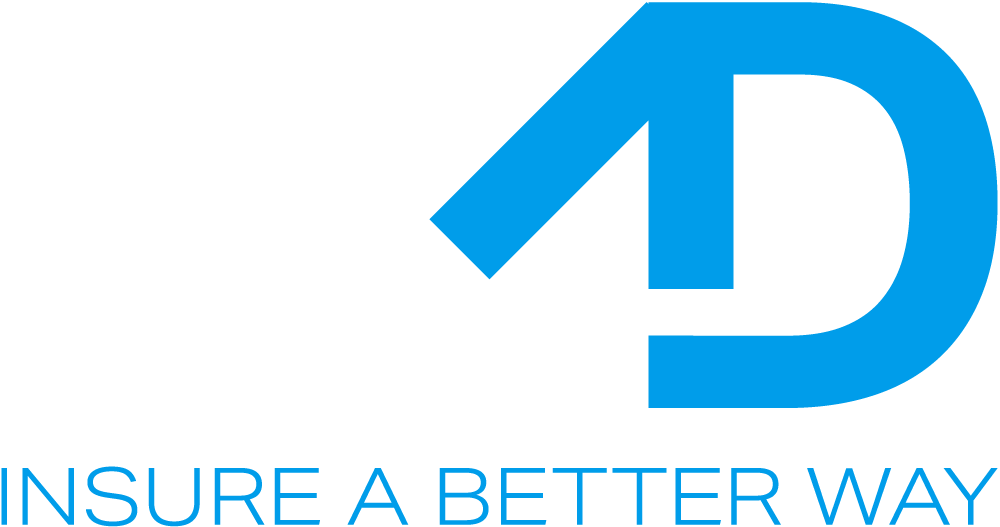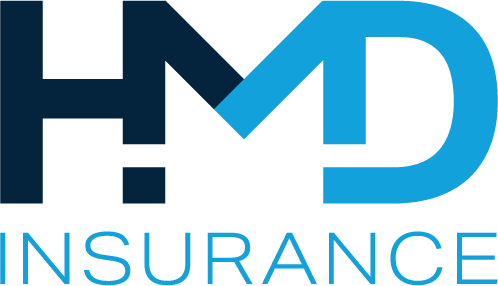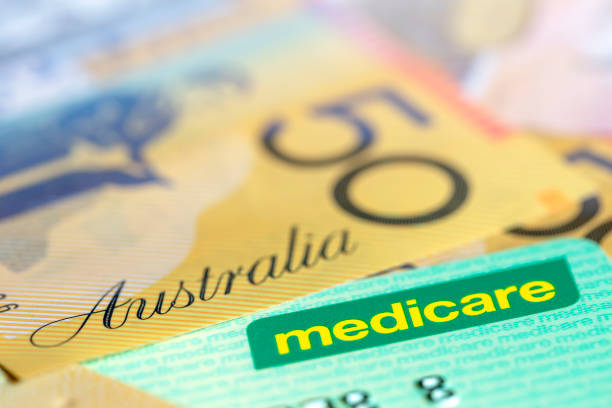
The Medicare Levy Surcharge (MLS) is a crucial consideration for Australians who hold private health insurance. Understanding how this surcharge applies, especially in relation to your private health coverage, can significantly influence your financial planning and tax obligations. This article explores the ins and outs of the Medicare Levy Surcharge, detailing the nuances of private health insurance, income thresholds, and strategies to avoid unnecessary costs.
What is the Medicare Levy Surcharge and Who Does It Apply To?
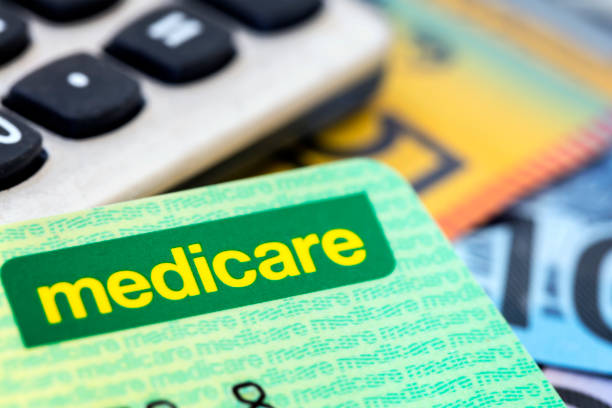
The Medicare Levy Surcharge is an additional levy imposed on Australian taxpayers who earn above a certain income threshold and do not maintain an appropriate level of private patient hospital cover. The MLS aims to encourage higher-income earners to take out private health insurance, thereby reducing the burden on the public healthcare system. Essentially, if you fall into the higher income brackets and lack adequate private health insurance, you may have to pay the Medicare Levy Surcharge as part of your income tax obligations.
A private patient is anyone who opts for private health insurance to cover their medical expenses when they receive treatment in a private hospital or as a private patient in a public hospital. For tax purposes, being classified as a private patient means you have taken out private hospital cover that meets the standards set by the Australian government. This classification can influence whether you pay the Medicare Levy Surcharge, as only those without appropriate private health cover are liable for the MLS.
The income thresholds for the Medicare Levy Surcharge vary based on your family situation, specifically whether you are classified as single or part of a couple. For singles, the threshold begins at a taxable income of $90,000, while for couples, the threshold is $180,000 combined. For every dependent child, the threshold increases by $1,500. Those whose income exceeds these limits and do not have a suitable level of private patient hospital cover will incur the MLS, which can range from 1% to 1.5% of their taxable income, depending on how far their earnings exceed the threshold.
How Does Private Health Insurance Affect the Medicare Levy Surcharge?
Having private hospital cover can exempt you from paying the Medicare Levy Surcharge, provided that the level of cover meets the government’s requirements. The insurance must be suitable for the services you may need, which include inpatient hospital treatment. If your private health insurance meets these criteria, you can avoid the additional surcharge, making it a financially prudent decision for high earners.
An appropriate level of private patient hospital cover is one that includes a wide range of treatments and services. Typically, this includes coverage for private hospital admissions, access to a choice of doctor, and certain elective surgeries. Insurers often provide different tiers of hospital cover, and it’s essential to choose a plan that not only fulfils the basic requirements but also aligns with your health needs. This ensures that you are not only compliant with the MLS regulations but also adequately protected in case of medical emergencies.
The level of private health insurance directly impacts whether you will pay the Medicare Levy Surcharge. If your plan does not meet the necessary criteria for private hospital cover, you will be liable for the MLS. Conversely, maintaining a higher level of coverage can help safeguard against the surcharge and provide additional health benefits, such as reduced waiting times and access to a broader range of services. It’s advisable to regularly review your private health insurance policy to ensure it remains compliant with the requirements set forth by the Australian Taxation Office (ATO).
How to Avoid Paying the Medicare Levy Surcharge?

To avoid paying the Medicare Levy Surcharge, selecting the right private health insurance plan is critical. When choosing your private health plan, ensure it includes a comprehensive level of hospital cover that fulfils the ATO’s requirements. Compare different policies and consider factors such as coverage limits, excess fees, and waiting periods. It’s also beneficial to consult with insurance advisors or use comparison websites that can help you identify policies that meet the criteria while offering the best value for your needs.
The lifetime health cover loading is an important aspect to consider when planning your private health insurance. This loading applies to individuals who do not take out private hospital coverage before the age of 31. If you decide to purchase insurance later in life, you may face higher premiums due to this loading. Ensuring you secure private health insurance early can help you avoid these additional costs and ensure you meet the requirements for avoiding the Medicare Levy Surcharge.
To ensure you meet the requirements to avoid the Medicare Levy Surcharge, it’s essential to keep accurate records of your private health insurance coverage. This includes obtaining your Medicare entitlement statement from Services Australia, which outlines your hospital cover status. Additionally, regularly check your policy details to confirm that your level of cover remains appropriate according to the current standards. This helps prevent any unexpected liabilities during tax season and ensures you are adequately protected under Australia’s healthcare system.
How to Report Medicare Levy Surcharge on Your Tax Return?
When preparing your tax return, it’s crucial to gather all necessary information regarding your private health insurance and income. You will need to report your taxable income, including any deductions and offsets. Additionally, having your private health insurance policy details on hand will help you accurately assess whether you owe the Medicare Levy Surcharge or qualify for rebates. This information is essential for the Australian Taxation Office to determine your tax obligations accurately.
Obtaining your Medicare entitlement statement is a straightforward process. You can request this document from Services Australia either online or by visiting a local office. The statement provides a summary of your private health insurance coverage, confirming whether you hold an appropriate level of hospital coverage to avoid the Medicare Levy Surcharge. Always ensure you have the most recent statement available when you file your tax return, as it serves as proof of your compliance with health coverage requirements.
Tax offsets and rebates can significantly impact your overall tax liability, particularly concerning the Medicare Levy Surcharge. If you have private health insurance and meet certain criteria, you may be eligible for a tax offset that reduces your overall tax burden. It’s important to understand how these offsets work and how they can be utilised when filing your tax return. Consulting with a tax professional or using tax software can help clarify any complexities related to these offsets, ensuring you maximise your deductions and rebates effectively.
What Happens if You Don’t Pay the Medicare Levy Surcharge?
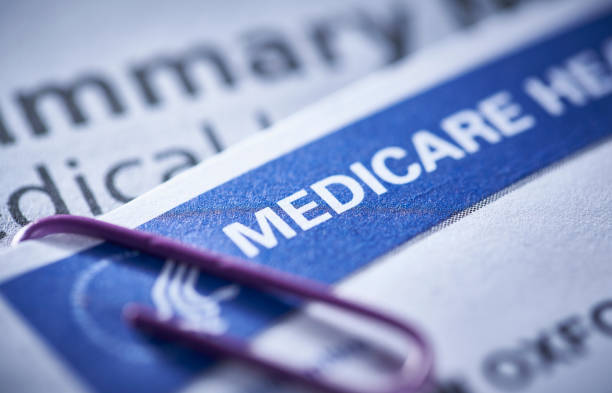
If you do not maintain an appropriate level of hospital coverage and fall above the income thresholds, the consequences can be financially significant. You will be liable to pay the Medicare Levy Surcharge, which can add a substantial amount to your overall tax bill. Failure to keep adequate private health insurance not only impacts your financial liabilities but may also limit your access to timely medical services, as you may be required to rely solely on the public health system.
The Australian Taxation Office employs various methods to enforce the Medicare Levy Surcharge regulations. They use data-matching processes to compare health insurance records with tax returns, identifying individuals who may not have reported their health insurance status accurately. If discrepancies are found, the ATO may impose penalties, leading to increased financial obligations. Therefore, it is essential to ensure your health insurance details are accurate and reported correctly to avoid facing any enforcement actions.
For those who may have to pay the Medicare Levy Surcharge, options are available to mitigate the financial impact. One effective strategy is to review your current private health insurance policy and consider upgrading to a plan that meets the required level of hospital coverage. Alternatively, individuals can reassess their income strategies to potentially lower their taxable income, thus reducing the likelihood of incurring the surcharge. Lastly, consulting with a tax advisor can provide personalised guidance, helping you navigate the complexities of the Medicare Levy Surcharge and explore all available options.
Conclusion
You do not pay the Medicare Levy Surcharge if you have private health insurance that meets the government’s requirements. This surcharge is an extra tax for people who earn above a certain income and do not have adequate private health coverage. Having the right private health insurance can help you avoid this additional cost and provide you with better healthcare options. It is important to check your policy to ensure it meets the necessary standards to benefit from this exemption.ed. Private health insurance can fill in the gaps and provide extra benefits. By knowing how both options work, you can choose the right plan that fits your needs and budget. Taking the time to learn about these options will help you make informed decisions about your health care.
Frequently Asked Questions:
Do I need to pay the Medicare Levy Surcharge if I have private health insurance?
If you have an appropriate level of private patient hospital cover, you may not need to pay the Medicare Levy Surcharge (MLS). It’s important to ensure your health insurance meets the required standards.
What constitutes an appropriate level of private patient hospital cover?
An appropriate level of private patient hospital cover typically includes coverage for hospital stays, surgery, and other necessary treatments. Ensure your policy is registered with the government and meets the minimum standards to avoid paying the MLS.
How does my income affect the Medicare Levy Surcharge?
Your annual income is considered for MLS purposes. If your income exceeds certain thresholds, you may be required to pay the levy unless you have an appropriate level of private health coverage.
What happens if I cancel my private patient hospital cover?
If you cancel your private patient hospital cover, you may need to pay the Medicare Levy Surcharge if your income exceeds the required threshold and you don’t have an alternative qualifying health plan.
Can I avoid the Medicare Levy Surcharge if I take out private health coverage late?
Taking out private health coverage late may not exempt you from the MLS. There are lifetime health cover rules that could apply, so it’s essential to understand your obligations when considering your health cover options.
Does travel insurance count as private health insurance for the MLS?
No, travel insurance is not considered private health insurance for the purposes of the Medicare Levy Surcharge. You need to have registered health coverage that includes hospital services to avoid the levy.
How can I check my Medicare entitlement statement?
You can access your Medicare entitlement statement through your online Medicare account or by contacting Medicare directly. This statement can provide information on your health coverage and whether you need to pay the levy.
Are there any exemptions for seniors regarding the Medicare Levy Surcharge?
Yes, seniors and pensioners may qualify for a tax offset that could reduce or eliminate their Medicare Levy Surcharge. It’s advisable to consult with a tax professional to understand your specific situation.
